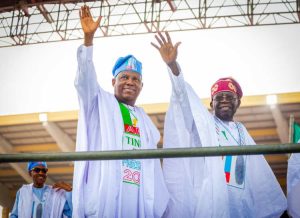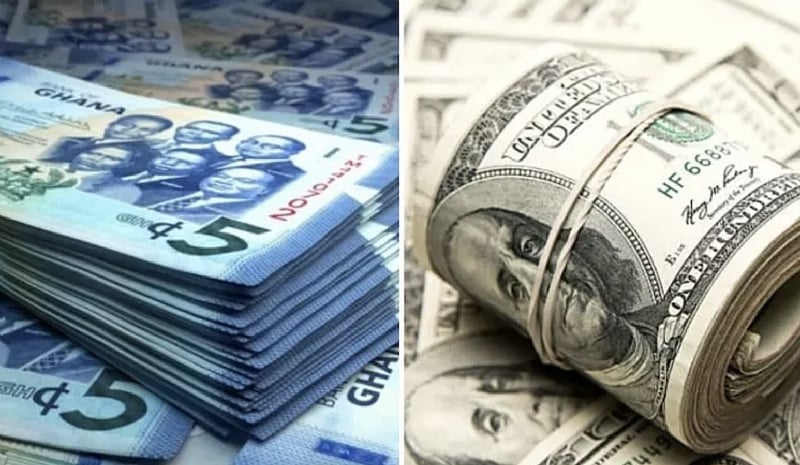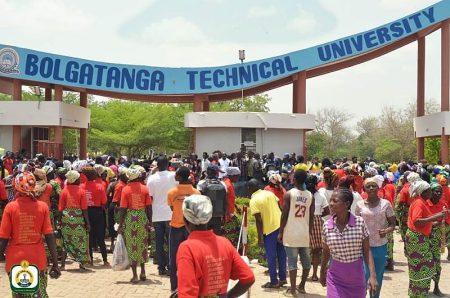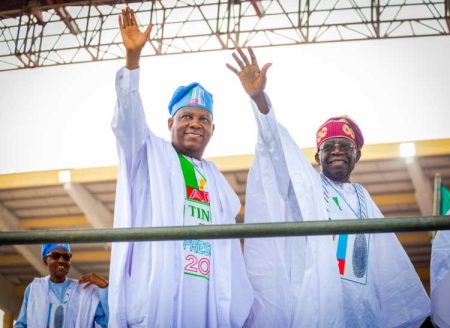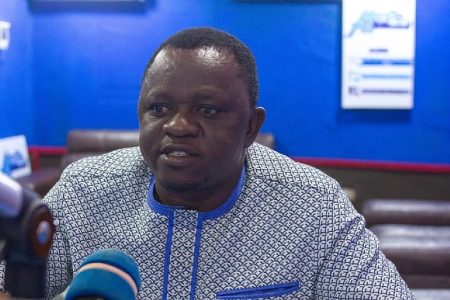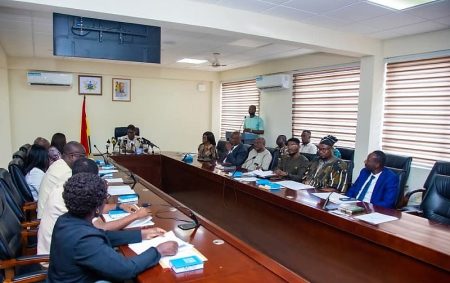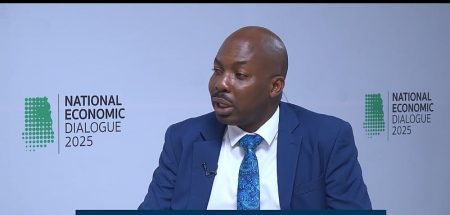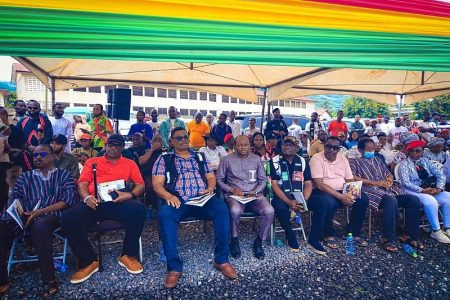Nelson Cudjoe Kuagbedzi, Head of Finance at Merban Capital, has strongly advocated for the Ghanaian government to capitalize on the prevailing favorable economic climate and prioritize debt settlement. He argues that the current stability of the Ghanaian cedi against the US dollar presents a unique window of opportunity for the government to demonstrate fiscal responsibility and proactively address its debt burden. This call to action comes in the wake of President John Dramani Mahama’s recent projection that the cedi’s value would stabilize within the GH¢10 to GH¢12 range against the dollar, a level he deems “fair and sustainable” for both import and export activities within the Ghanaian economy.
Kuagbedzi’s argument centers on the unpredictable nature of economic trends and the importance of seizing opportune moments. He emphasizes that the current stability may be fleeting and that the government should act decisively while conditions are favorable. This proactive approach, he believes, is crucial to mitigating potential future economic downturns and ensuring long-term fiscal health. His statement, “I think that this is the time for the government to start paying its debt. This is because we may not know what happens tomorrow,” underscores the urgency he sees in addressing the national debt while the exchange rate provides a stable backdrop.
A key aspect of Kuagbedzi’s analysis is the shift in the narrative surrounding the cedi’s performance. He contrasts the current situation with previous periods, noting that fluctuations in the cedi’s value were often attributed to external factors, such as the US-China trade war under the Trump administration. However, the recent stabilization, he argues, is primarily a result of domestic policy decisions and initiatives undertaken by the Ghanaian government. This change, according to Kuagbedzi, signifies a greater degree of control over the national currency and reinforces the notion that internal policies can effectively influence economic stability. This shift from external attributions to internal policy effectiveness underscores the opportunity for the government to leverage its own actions to address its debt burden.
Adding another layer to the discussion, Finance Minister Dr. Cassiel Ato Forson has refuted claims that the cedi’s recent strength is a consequence of reduced government spending. He asserts that the government continues to invest in public services and development projects, but with a renewed focus on prudent and disciplined expenditure. Dr. Forson emphasized the government’s commitment to responsible fiscal management, distancing themselves from what he termed “reckless spending” of previous administrations. This clarification aims to reassure the public that the government’s pursuit of fiscal stability does not come at the expense of essential public services and investments.
The confluence of a relatively stable cedi, Kuagbedzi’s call for debt repayment, and the Finance Minister’s emphasis on prudent spending creates a significant juncture in Ghana’s economic landscape. The current situation presents a complex interplay of factors that require careful consideration. Kuagbedzi’s perspective highlights the potential benefits of capitalizing on the present stability to address long-term debt obligations. The Finance Minister’s statements, on the other hand, underscore the government’s commitment to continued spending, albeit within a framework of fiscal responsibility.
This convergence of viewpoints sparks a broader debate about the optimal path forward for the Ghanaian economy. It raises questions about the ideal balance between debt reduction and continued investment in essential public services. The challenge lies in finding a sustainable approach that leverages the current economic gains to address the nation’s fiscal challenges while simultaneously ensuring continued economic growth and development. This delicate balancing act requires careful planning, strategic decision-making, and a commitment to transparency and accountability in the management of public funds.



